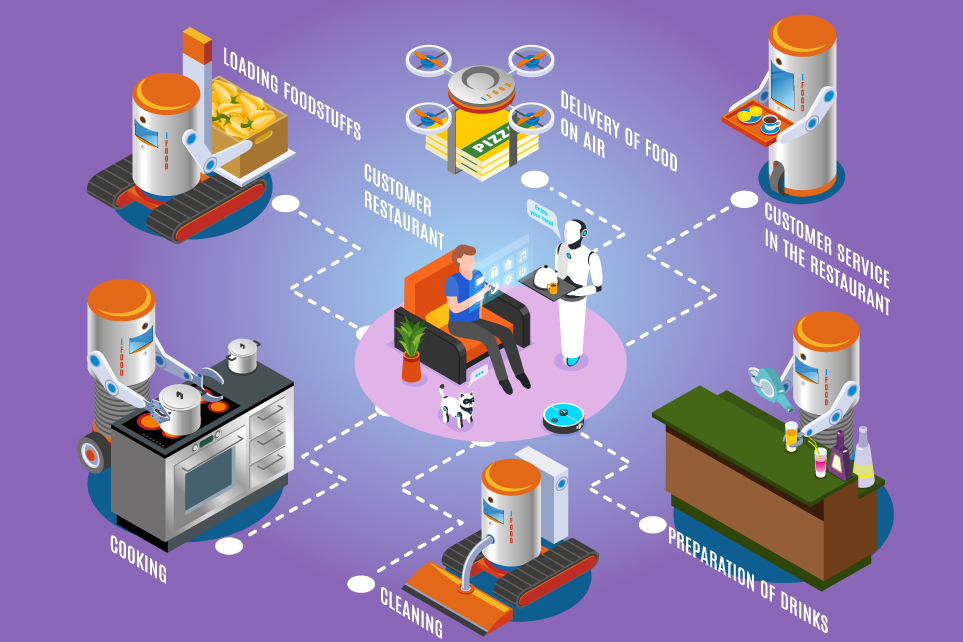In the digital age, the rise of AI-powered technologies is ushering in a new era of business operations. Smart machines, driven by advanced artificial intelligence, are reshaping the landscape of industries, offering unprecedented capabilities and efficiencies. This transformation is not merely a technological upgrade; it’s a fundamental shift in how businesses operate and compete in a rapidly evolving global market.
One of the key drivers of this transformation is the ability of AI-powered technologies to process and analyze vast amounts of data at incredible speeds. Machine learning algorithms enable these smart machines to learn and adapt, providing businesses with insights that were previously unimaginable. This data-driven approach is changing how companies approach decision-making, strategy development, and customer engagement.
In the realm of customer experience, AI is playing a pivotal role. Personalization has become a buzzword, and AI is at the forefront of delivering tailored experiences to consumers. From recommendation engines in e-commerce to personalized marketing campaigns, businesses are leveraging AI to understand customer behavior and preferences, creating a more engaging and satisfying customer journey.
Furthermore, AI is transforming workforce dynamics. Automation of repetitive tasks is freeing up human employees to focus on more complex, creative, and strategic aspects of their roles. AI-powered tools are augmenting human capabilities, leading to increased productivity and innovation across various industries.
The impact of AI is not limited to internal business operations. Smart machines are also driving innovation in product development. In sectors like healthcare, AI is aiding in drug discovery and personalized medicine, while in manufacturing, it is optimizing product design and production processes. These advancements not only enhance efficiency but also contribute to the development of groundbreaking products and services.
However, the rise of AI-powered technologies also raises questions about the future of work, ethical considerations, and the potential for bias in AI algorithms. Striking the right balance between innovation and responsibility is crucial to ensuring that AI contributes positively to business and society.
In conclusion, the rise of AI-powered technologies is fundamentally changing the business landscape. Smart machines are not just tools; they are strategic assets that enable businesses to operate smarter, innovate faster, and deliver enhanced value to customers in the digital age.

